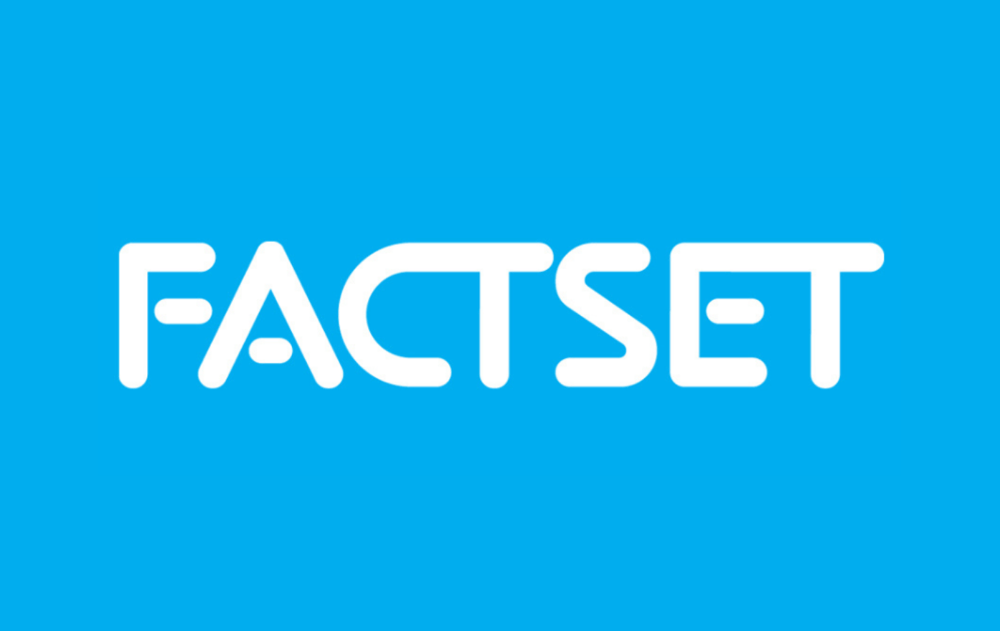A Financial Storm: Trump’s Tariffs Shake Fintech Giants Robinhood and Affirm
The recent 10% baseline tariff introduced by former President Donald Trump on products imported from all countries has caused significant disruptions in global financial markets. Fintech companies such as Robinhood and Affirm now find themselves under pressure, grappling with potential risks surrounding the deteriorating financial well-being of consumers. This complex situation highlights the far-reaching implications of economic policies on fintech businesses and the broader market.
The Impact of Tariffs on Global Financial Markets
The newly imposed tariffs have already started to ripple through global markets, triggering a cascade of economic consequences, including:
1. Rising prices: The tariffs increase production costs, which could eventually cause goods to become more expensive. For fintech companies, this means their users might face reduced cash flow for investments and credit repayments.
2. Decreasing demand: Rising prices often lead to softening demand, placing fintech firms that rely on consumer spending in a precarious position.
3. Risk of global recession: If the current trade tensions escalate further, there’s a real risk of economic instability, and potentially, a full-scale global recession. This could undermine fintech firms’ liquidity and weaken activity in financial markets.

How Tariffs Threaten Fintech Giants
Robinhood and Affirm, well-known for their pioneering financial solutions, are particularly vulnerable to the fallout from the current economic uncertainty. Let’s break down the challenges they face:
- Reliance on consumer spending: The business models of Robinhood and Affirm heavily depend on robust consumer activity. A reduction in disposable income could lead to lower demand for their services.
- Pressure on transaction fee revenue: Both companies generate significant income from transaction fees on debit and credit card purchases. Declining consumer spending could directly impact this revenue stream.
- Investor skepticism: During periods of market uncertainty, investors typically become more cautious about allocating capital to companies like Robinhood and Affirm. This could limit their ability to raise funds or sustain growth.
What Lies Ahead for Robinhood and Affirm
The future of these fintech companies will largely depend on how the current economic situation evolves and how they adapt. Despite the challenges, Robinhood and Affirm possess several strengths that could help them navigate these turbulent times:
- Innovation at their core: By continuing to develop cutting-edge financial solutions, these companies can maintain their competitive advantage, even in adverse conditions.
- Service diversification: Expanding their range of offerings could help offset revenue losses from sectors affected by shrinking consumer spending.
- Appeal to younger generations: Millennials and Gen Z make up a significant portion of fintech platforms’ user bases, offering a vital and steady source of growth despite market volatility.
In an evolving economic landscape, fintech companies must remain agile and innovative to withstand these challenges and secure their position in the financial ecosystem.















Comments
The ripple effects of Trump's tariff are really putting the squeeze on fintech companies, showcasing how interconnected our global economy truly is.
This sale signals a pivotal moment that could reshape the landscape of tech automation